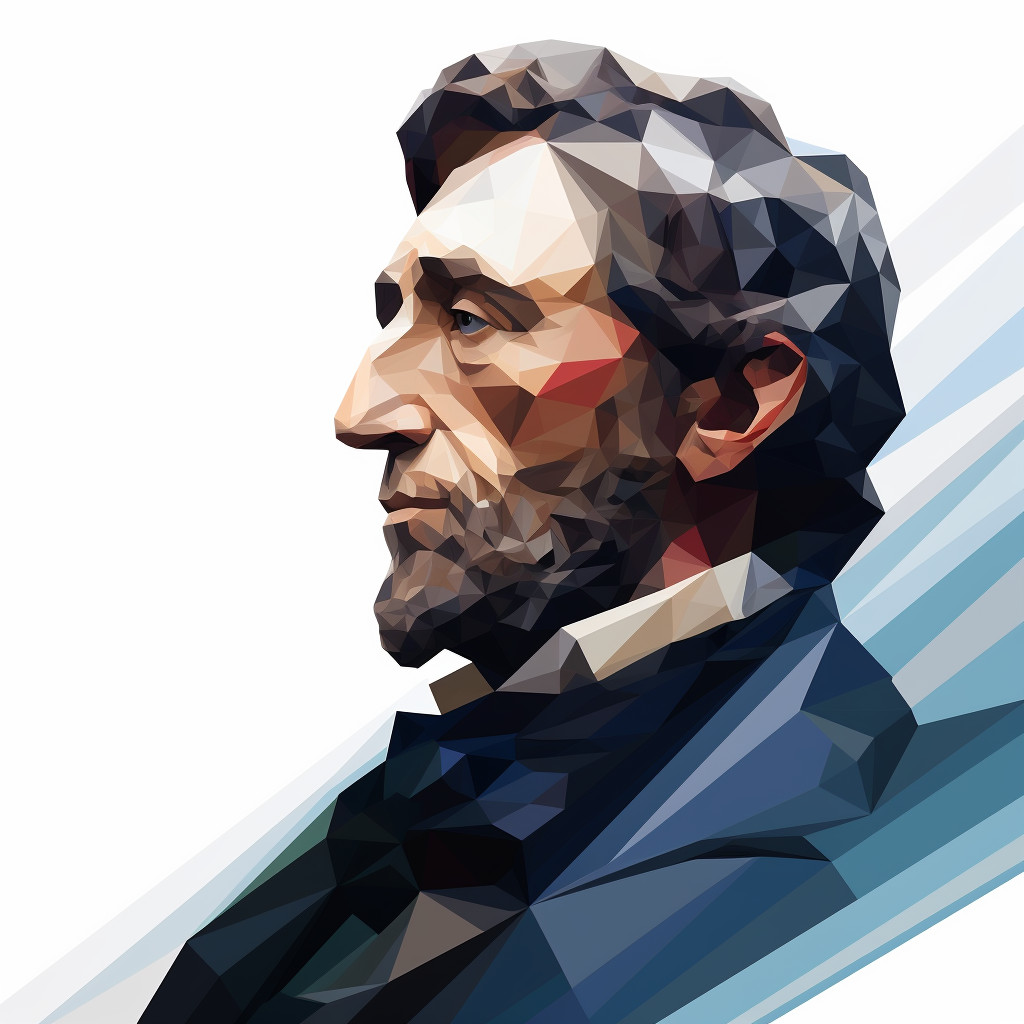This quote is an analogy that Thoreau uses to illustrate the differences in how people choose to live their lives. Those who "do not walk at all" could be seen as individuals who are complacent or passive, not actively participating in their own life journey. They may be stuck in their comfort zones, afraid to venture out and explore the unknown.
The ones who "walk in the highways" are the majority of people who follow the conventional path in life. They adhere to societal norms and expectations, like getting a steady job, getting married, having children, and retiring. They prefer the security and predictability that these well-trodden paths provide.
The "few who walk across lots" represent the unconventional, the risk-takers, the innovators. These are the people who are not afraid to deviate from the norm, to explore uncharted territories, to make their own rules. They are not concerned with societal expectations and are driven by their own passions, interests, and beliefs.
Applying this to today’s world, we can see these categories in action. Many people are content with their routines and are not motivated to change. Others follow the prescribed life path without questioning if it truly makes them happy or fulfilled. However, there are also those who break the mold, such as entrepreneurs who drop out of college to start their own businesses, or individuals who choose not to marry or have children in order to pursue other life goals.
In terms of personal development, this quote encourages us to consider which path we are on and if it aligns with our personal desires and values. It prompts us to question if we are merely existing or if we are actively living our lives. Are we following the crowd or forging our own path? The quote serves as a reminder that the choice is ours to make. It’s about being true to ourselves, living authentically, and not being afraid to take the road less traveled if it leads to our own fulfillment and happiness.





